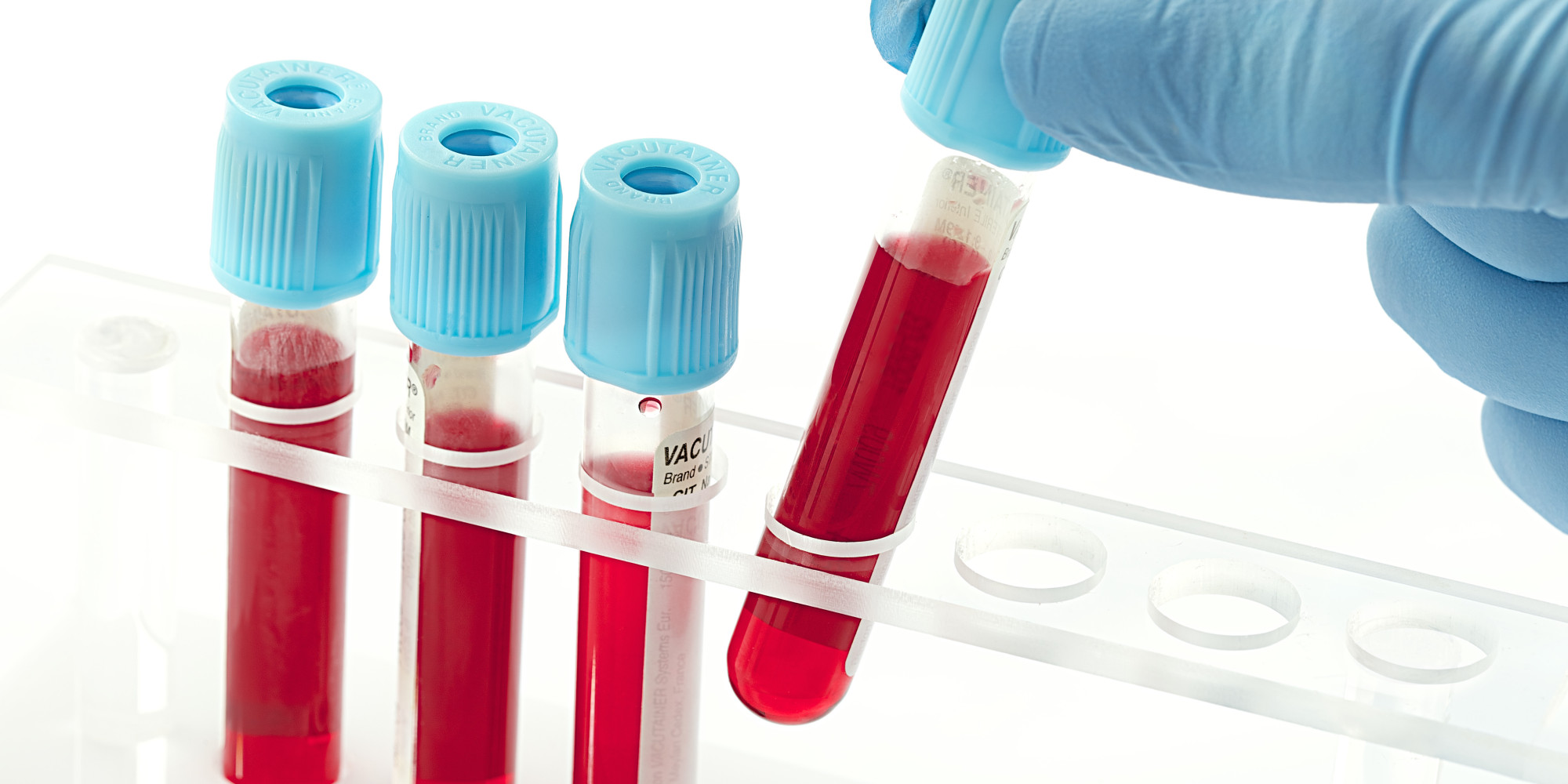Once you begin to see some of the key symptoms of Chronic Kidney Disease (read the next blog for more information on symptoms of CKD), there are several routes a medical professional may take in order to officially diagnose you with the disease. The most efficient way to test whether or not you have CKD is through a series of different tests involving your kidneys and other things that are dependent on them functioning properly. For example, performing a blood test can help identify extra waste products in your blood as a result of impaired kidney filtration. Excess creatinine or urea in the blood can be a strong indicator of CKD. You can also do urine tests to reveal other abnormalities and possibly determine the cause of the disease. Imaging tests, such as ultrasounds, can be used to look directly at the kidneys and examine their size and structure. Looking at the physical anatomy of the kidneys can be helpful in diagnosing Chronic Kidney Disease. Another way doctors may do this is by obtaining a small sample of the kidney itself. Performing a kidney biopsy, is an easy way to determine the cause of your kidney disorder. (Mayo Clinic Staff, 2015).
http://www.huffingtonpost.com/cecile-janssens/blood-test-that-predicts-_b_5686673.html
Mayo Clinic Staff. (2015, January 30). Tests and Diagnosis. Retrieved from http://www.mayoclinic.org/diseases-conditions/kidney-disease/basics/tests-diagnosis/CON-20026778
Chronic Kidney Disease Diagnosis. (n.d.). Retrieved from http://www.ultracare-dialysis.com/kidney-disease/chronic/ckd-diagnosis.aspx

No comments:
Post a Comment